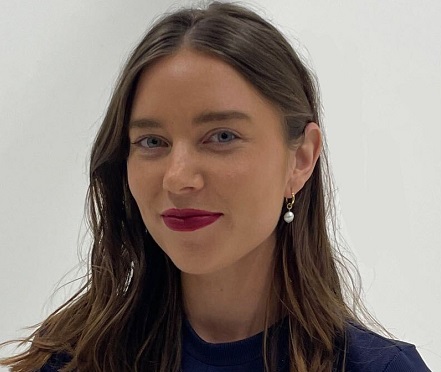New Zealand Customs started looking into the health worker in October 2021 after the agency received a report from a social media site she was using.
An analysis of the report and subsequent Inquiries found the account user lived in Auckland and a search warrant was executed at her home in November that year.
During the search of her devices, evidence was located showing she was a member of numerous groups online with names supporting the sexual exploitation of children.
Approximately five devices were seized from the health worker during the warrant execution, and three contained objectionable publications.
“The defendant was actively using multiple social messenger platforms to send and receive messages to various groups and individuals. Within these chats the defendant sent messages which promoted the sexual exploitation of children, discussing ways of gaining access to child sexual exploitation material and also expressing desires to have her own child and for it to be sexually abused,” the summary said.
At her sentencing last month Judge Sharp said the woman had 35 Category A images, the most serious category.
While the offending period was “rather short”, with the summary only outlining offending over several months in 2021, Judge Sharp said the woman had a long-term interest in the explicit material.
He told the court the mitigating factors in her case did not outweigh the seriousness of her offending.
“I will not grant a discharge without conviction in these circumstances.”
He then entered a sentence starting point of four years imprisonment.
She received a nine-month discount for her guilty pleas, another three-month deduction for good character and lack of prior convictions and a six-month reduction for her mental health circumstances and remorse.
Given her time on bail, including 11 months in a rehabilitation facility, he granted her a further eight-month discount.
This brought her sentence to 22 months, making her eligible for a home detention sentence.
As a result, Judge Sharp sentenced the woman to 11 months of home detention.
On the question of name suppression, he said negative attention that would follow the publication of this type of offending would be significant because of the profession she had been involved in.
Judge Sharp also considered the “relatively significant” number of people she had treated who may be impacted if her details were published.
Earlier in the hearing, the court heard from Anna Adams, a lawyer representing a government agency that had funded 75 of the woman’s patients.
Adams said most of them saw the woman for sensitive issues, and 19 of those patients were aged under 19.
After the woman was charged, Adams said the agency convened a panel to assess whether there was an overlap between her offending and the clients she was treating.
She said the panel found no evidence of this and, at this time, the agency was not proposing advising any of the people she had treated about her offending.
Adams told the court that after the woman was charged she had her registration suspended.
By operation of the law, Adams said if a conviction was entered the registrar must refer it to the woman’s profession’s board to see if she should be struck off or disciplined.
Name suppression was granted, preventing the Herald from revealing further details of her profession.
Although the Crown had argued the health worker should be placed on the sex offender register, Judge Sharp said being charged and pleading guilty reduced the risk of reoffending and evidence suggested the woman had expressed remorse and was undertaking rehabilitation.
Considering these factors, he declined to have her placed on the sex offender register.
Katie Harris is an Auckland-based journalist who covers social issues including sexual assault, workplace misconduct, crime and justice. She joined the Herald in 2020.
